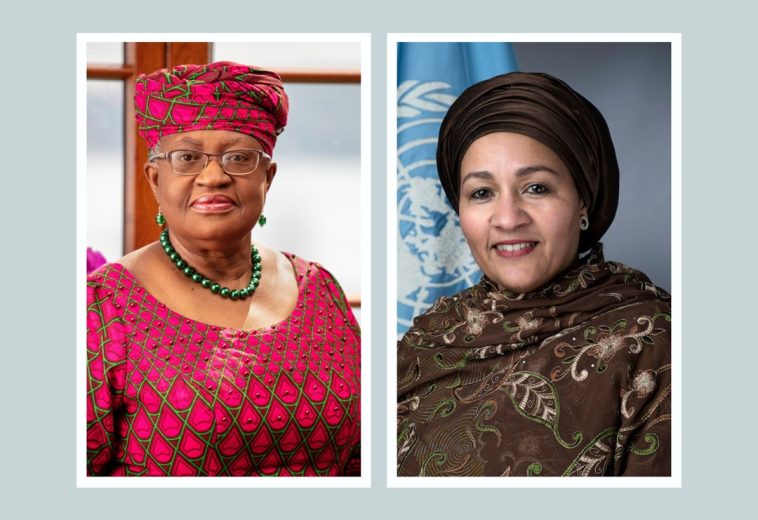Ghana’s 2024 presidential and parliamentary elections have concluded with John Dramani Mahama emerging victorious. As one of Africa’s most stable democracies and a beacon of political resilience, Ghana’s elections have consistently carried implications far beyond its borders, shaping political and economic trends across the continent. This year’s election is no exception, influencing both Ghana’s trajectory and regional dynamics.
Since transitioning from military rule in 1992, Ghana has demonstrated an enduring commitment to free, fair, and competitive elections—a notable achievement in a region still grappling with coups and political instability. The 2024 elections saw a high voter turnout, with citizens electing their president and legislators in a process widely deemed credible by domestic and international observers.
READ ALSO: Mahama’s Victory: What Can Ghana Expect of His Presidency?
The peaceful conduct of the election, despite intense political competition, underscores Ghana’s status as a cornerstone of democracy in Africa. This success sends a powerful message to nations such as Ivory Coast, Zimbabwe, and Nigeria, where electoral processes have often been marred by violence, corruption, and irregularities. Ghana’s example highlights the role of political will, civil society engagement, and institutional integrity in fostering democratic resilience, even in challenging contexts.
Economic Implications
Beyond politics, the election’s outcomes bear significant implications for Ghana’s economic landscape and the broader West African region. The strong democratic mandate reinforces Ghana’s appeal as a stable and predictable environment for international investment. Peaceful transitions bolster investor confidence, signalling that Ghana is well-positioned to honour its international commitments and avoid the instability affecting some of its neighbours.
As a key member of the Economic Community of West African States (ECOWAS), Ghana’s political and economic stability is integral to regional trade and integration. The election results also strengthen ECOWAS’s capacity to implement the African Continental Free Trade Area (AfCFTA), an initiative that promises to enhance intra-African trade and accelerate economic integration.
Ghana’s pivotal role in global supply chains, particularly in sectors such as extractive industries, agriculture, and financial services, further elevates the election’s significance. The incoming government is expected to prioritise economic reforms aimed at boosting productivity and modernising infrastructure. If successful, these efforts could serve as a blueprint for other African economies navigating similar challenges.
Broader Continental Impact
The election also reverberates across Africa’s political landscape. Ghana has historically championed peace and democratic governance, often stepping in to mediate during regional crises. Its steadfast commitment to democracy strengthens pan-African initiatives focused on conflict resolution, democratic transitions, and institutional development.
The peaceful election in Ghana is more than a domestic milestone; it is a powerful statement about Africa’s potential for democratic progress and economic stability. Ghana’s example offers hope to other nations striving for similar achievements, demonstrating that democratic governance can pave the way for long-term prosperity and cooperation.
Ghana’s 2024 election is a triumph of democracy and a testament to the nation’s political maturity. Its outcomes resonate far beyond its borders, inspiring African policymakers, businesses, and citizens alike. By reaffirming the value of democratic principles, Ghana sets a path for progress, offering a model for other nations to follow. This election is not merely a moment in Ghana’s history but a catalyst for continental advancement, driving hope and opportunity for future generations.




